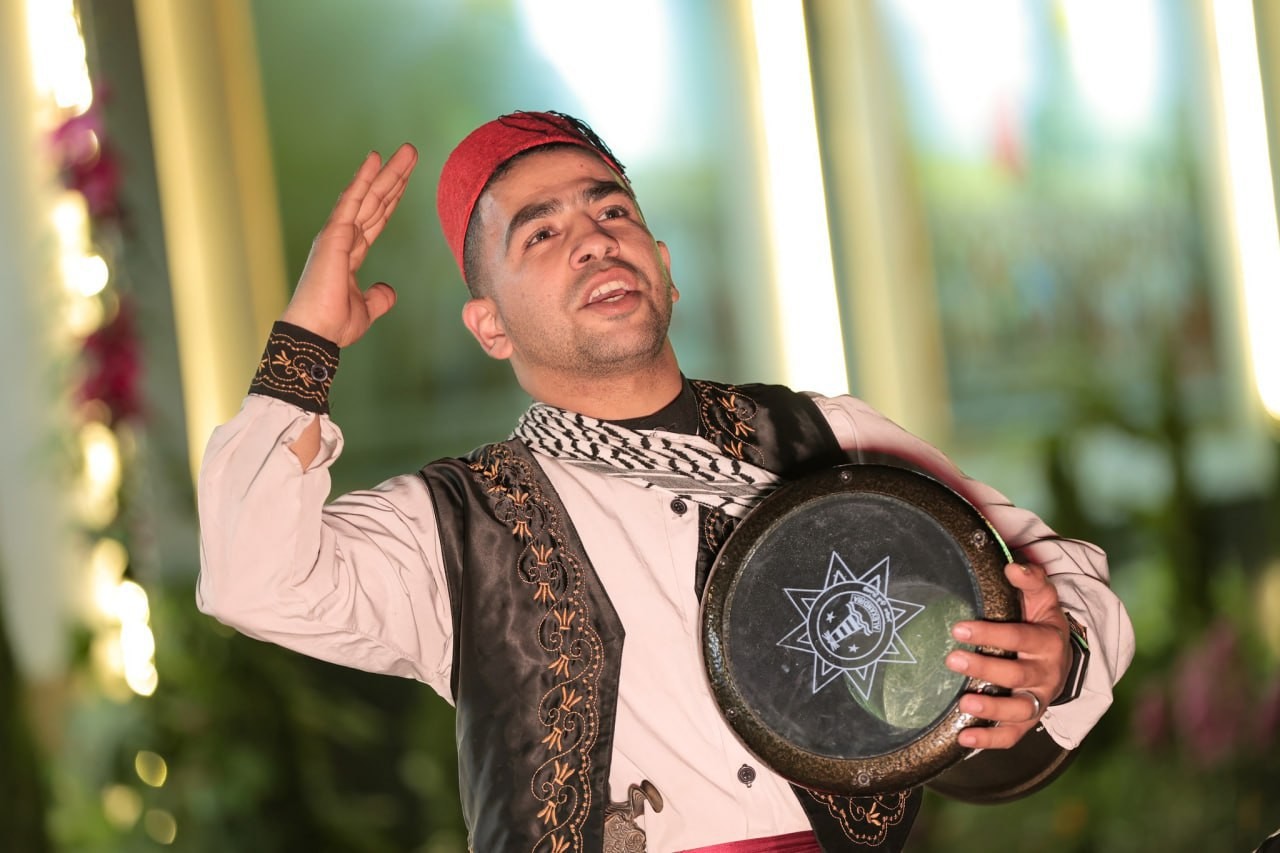The tradition was inherited by each country in the region, with Egypt believed to be the first country to incorporate drums in the call for suhoor.
Centuries ago, populations in the Middle East eagerly waited for the return of a welcomed, loud guest throughout the month of Ramadan.
During the quiet hours after midnight, the dark alleyways of the streets would have a single silhouette roaming around, accompanied with the sound of drum beats.
One beat, followed by another, followed by a chant saying, “Wake up sleeper to worship the creator,” to wake the residents of the streets up.
With time, the loud drummer became known as the Msaharati, derived from the name of the meal consumed by Muslims, known as the suhoor.
He would be the predecessor of the modern day alarm clock, succeeding in waking people for their pre-fast meals before the break of dawn.
With the advent of technology, the Msaharati was gradually buried in time, almost becoming an ancient artefact and a story grandparents would narrate to their grandchildren.
The tradition does remain alive however in various parts of the region, as well as Turkey. In Qatar, the Msaharati returns for Ramadan events and gatherings to remind people of the time-old tradition, such as in the Old Doha Port.
Origins of the Msaharati
While the origins of the Msaharati remain vague, most narratives in the region agree that it dates back to the time of the Prophet Muhammad.
The first Msaharati in Islam is believed to be Bilal ibn Rabah, the first muezzin, or person who performs the call to prayer. Bilal was known as the prophet’s muezzin and the first slave to convert to Islam, and who became liberated through his conversion.
Based on a common narrative, Prophet Muhammad suggested to the Bilal the idea of waking people up for suhoor.
The prophet’s muezzin then used his voice to wake the people of Madinah up before the time of the pre-dawn call to prayer, or Athan al Fajr.
With time, the tradition was inherited by each country in the region, with Egypt believed to be the first country to incorporate the drums in the call for suhoor as far back as 853 AD.
At the time, Egypt’s Abbasid ruler Isaac bin Uqba was keen on waking people up for suhoor and roamed the streets of Cairo himself. He would then walk to Amr Ibn al-Aas Mosque and repeat the Hadith of the Prophet Muhammed: “Servants of God, eat the pre-dawn meal, for there is blessing in the pre-dawn meal.”
After witnessing the Egyptian ruler perform the Msaharati’s duties, it became widely accepted in the region.
The profession further became solidified in the region after the reign of Sultan Baybars of Egypt who hired young religious scholars to knock on the doors of worshippers, waking them up for suhoor.
More than half a century later, an entire syndicate of Msaharati’s was formed.
Other countries, including Yemen and Morocco switched the drums with knocking on people’s doors as people of the Levant sang anasheed – or religious songs – related to Ramadan.
To get young ones into the Ramadan spirit, the Msaharati would also call on the names of children as he woke them up, as some would refuse to sleep anxiously waiting for his return every morning. By the end of Ramadan, children would rush to give the Msaharati sweets to celebrate Eid al-Fitr.
Today, windows no longer children waiting behind them for the Msaharati, the streets remain silent before the break of dawn as alarm clocks occupy the night stands.







